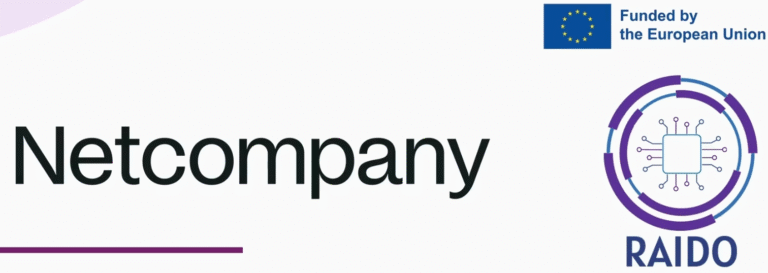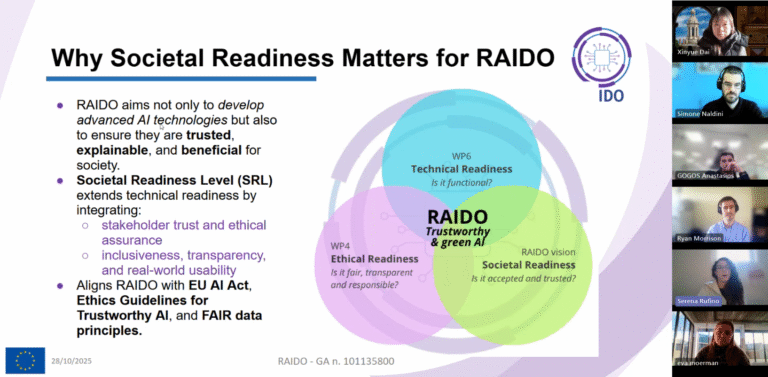
Partner
Jessa Hospital stands as the fifth largest non-university hospital in Flanders, Belgium. With a team of over 3,500 dedicated professionals, it provides comprehensive healthcare services across a wide range of medical specialties, serving a large community.
At the heart of its innovation in diagnostics is the Laboratory for Molecular Diagnostics (LMD). Since 2014, the LMD has been at the forefront of Next Generation Sequencing (NGS) implementation, developing and performing complex genetic tests, particularly benefiting cancer patients through precise diagnostics and treatment guidance. The lab has significant experience in coordinating clinical research, exemplified by its leadership in the nationwide BALLETT study, which assessed the clinical utility of comprehensive genomic profiling. Furthermore, demonstrating its commitment to advancing personalized medicine, the LMD founded the Belgian Pharmacogenomics Interest Group in 2022, uniting over 15 Belgian institutions to promote pharmacogenomics testing. The lab is also actively developing cutting-edge whole-genome sequencing capabilities and bioinformatic tools aimed at integrating personalized drug dosing recommendations, based on established clinical guidelines, directly into electronic patient records.
Role in RAIDO
The Jessa Hospital Laboratory for Molecular Diagnostics (LMD) plays a pivotal role in the RAIDO project, primarily contributing to Work Package 6 (WP6), specifically Task 6.5, which focuses on “Digital health solutions for personalized preventive pharmacogenetics”.
Jessa LMD’s core contribution involves providing crucial real-world data necessary for the development and fine-tuning of AI models within this task. Leveraging their advanced sequencing facility, they will recruit and analyze samples from 200 cancer patients. The resulting high-quality sequencing and clinical data from these patients will serve as a vital dataset for the AI development. Beyond data, the extensive expertise of Jessa Hospital’s clinicians, genetics specialists, and bioinformaticians is invaluable to the success of this pilot study, ensuring clinical relevance and robust data analysis. This contribution is fundamental to achieving RAIDO’s goal of integrating personalized drug dosing into clinical practice based on individual genetic profiles.
Follow us on LinkedIn and X to stay updated on the developments of the RAIDO Project.






